Keywords: Freedom Of Religion
-
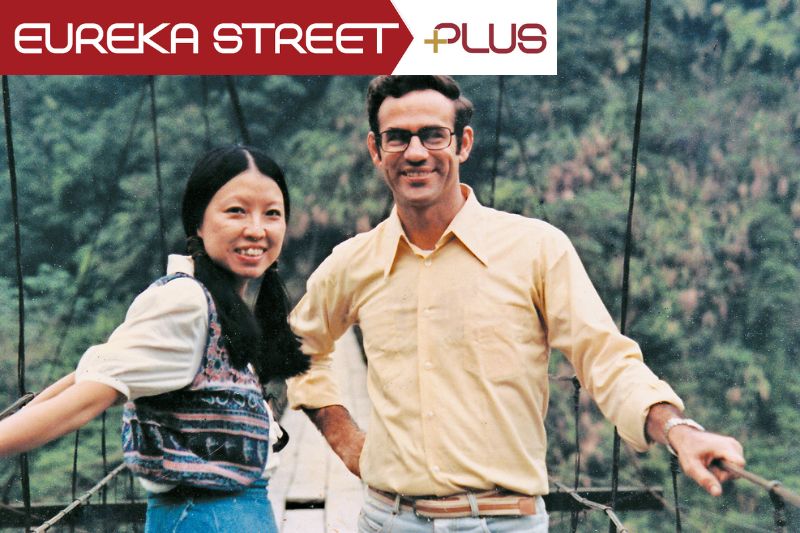
ARTS AND CULTURE
- Margaret Simons
- 13 December 2024
High in Taiwan’s mountains, Jesuit priest Barry Martinson found a soulmate in celebrated author Sanmao, who inspired millions with her writing. Their relationship—neither romantic nor conventional—was a profound meeting of kindred spirits, rooted in shared curiosity, literary love, and the sacrificial essence of friendship.
READ MORE 
-

INTERNATIONAL
- David Halliday
- 13 December 2024
In 2024, a fifth of Americans reported having no close friends, and the number is growing, especially among those without college degrees. So what are the societal structures behind this crisis in loneliness, and how we can rebuild meaningful connections?
READ MORE 
-
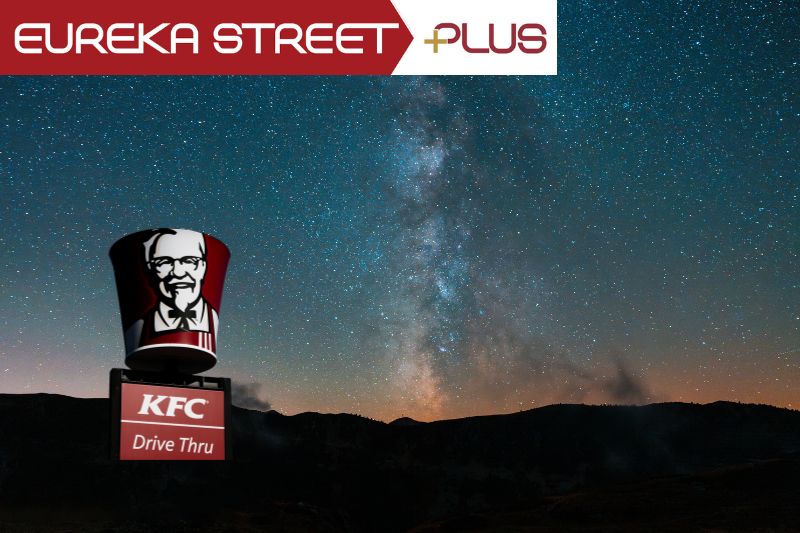
AUSTRALIA
- Michael McGirr
- 22 November 2024
3 Comments
There’s this other place that is neither heaven nor earth but which you might find in the car park of the third busiest KFC in Melbourne, waiting for your son to finish his shift. A bin beside the car is overflowing with all the packaging that comes with fast food, not to mention the remains of poor dead chooks whose life it is hard to imagine.
READ MORE 
-

AUSTRALIA
- Cherie Gilmour
- 18 October 2024
1 Comment
The ideological fissures within modern feminism demand examination. Raising a daughter gives me literal skin in the game, making this a deeply personal journey to understand what has changed and what remains true since the seemingly carefree days of #girlpower.
READ MORE 
-

RELIGION
- Michael McVeigh
- 26 September 2024
2 Comments
There once might have been a distinction between ‘Christian journalism’ and ‘Christian PR’, however today those lines are far more muddied. The demise of the Australasian Religious Press Association might have been brought about by changing tides, but for those of us left it leaves one less lifebuoy to cling to.
READ MORE
-

INTERNATIONAL
- Sarah Klenbort
- 21 August 2024
2 Comments
For a nation ‘conceived in liberty’, much of how this U.S. election will play out will hinge on different understandings of the word ‘freedom’, a term that has two distinct and separate meanings depending on whether the person you’re asking votes red or blue.
READ MORE
-
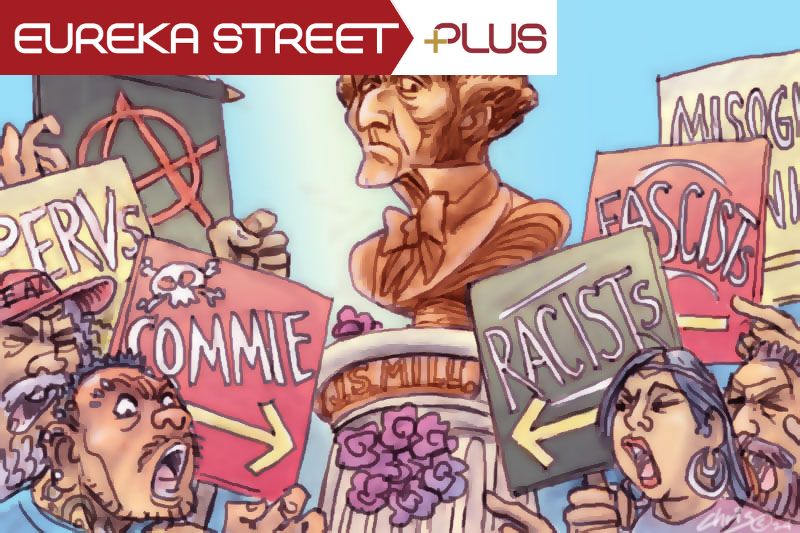
AUSTRALIA
- Russell Blackford
- 09 August 2024
2 Comments
Once the backbone of Western democracy, the philosophy championing free speech, tolerance, and civil political discourse is often reviled by those on both the Left and Right. In our desire for justice and meaning, is there a need to rediscover the principles that have long fostered human flourishing?
READ MORE 
-
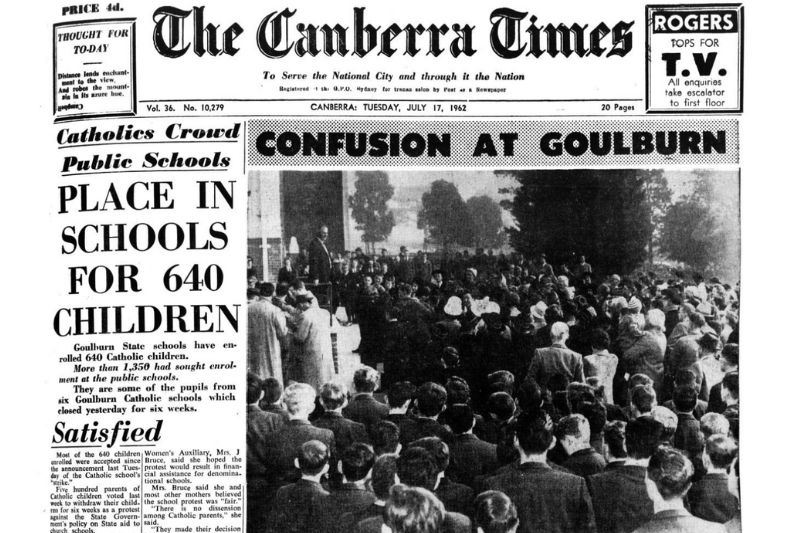
RELIGION
- John Warhurst
- 03 July 2024
8 Comments
In 1962, Goulburn was the centre of national attention when Catholic schools closed in protest over a lack of government funding and control. Students overwhelmed public schools. Could this happen again? An Australian archbishop suggests it as an option if religious freedom in Catholic schools is threatened.
READ MORE
-

AUSTRALIA
In response to campus protests, universities erred on the side of free speech when every other day, the prevailing ethos is one of ‘safetyism’, namely suppressing speech or inquiry if an identity group frames it as ‘harmful’ to them. Universities should strive to be uncomfortable and ‘unsafe’ for all, with no identity immune from robust scrutiny.
READ MORE 
-
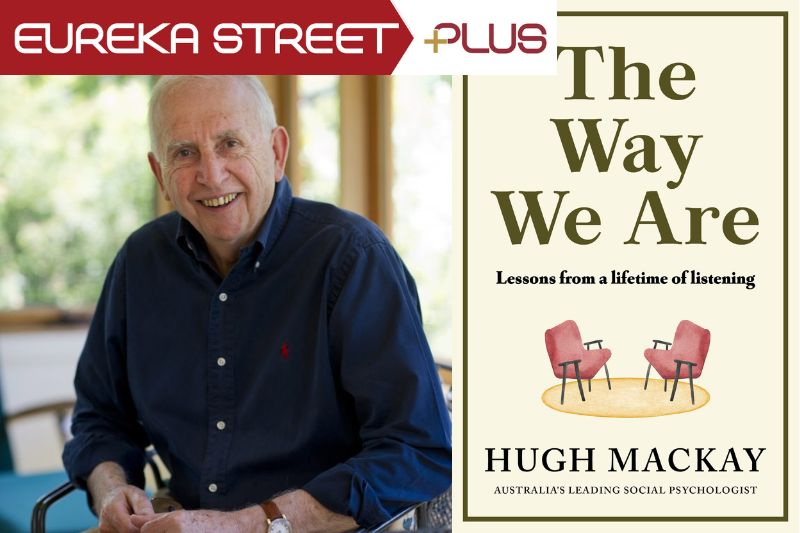
ARTS AND CULTURE
Social psychologist Hugh Mackay has been people-watching for more than 60 years. At 86 he has published The Way We Are: Lessons from a lifetime of listening, a compendium of his choicest insights on Australian life quarter-way through the new century.
READ MORE 
-
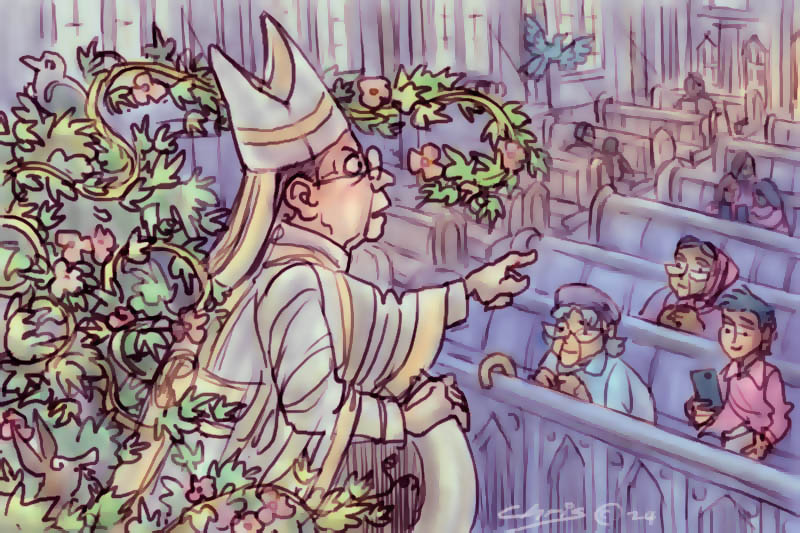
RELIGION
- John Warhurst
- 01 May 2024
33 Comments
The relationship between the Catholic church and the Greens has been one marked by near constant antagonism. Are there any consequences from this for either the church or the party?
READ MORE
-

AUSTRALIA
- Peter Craven
- 24 April 2024
1 Comment
For those born in the wake of World War II, war stories seemed the greatest fun on earth. But the pity of it is monumental and we come to take it – if not for granted – then at least as part of the fabric of minds that had met with all that was terrible in human experience and all that called out for reverence.
READ MORE 